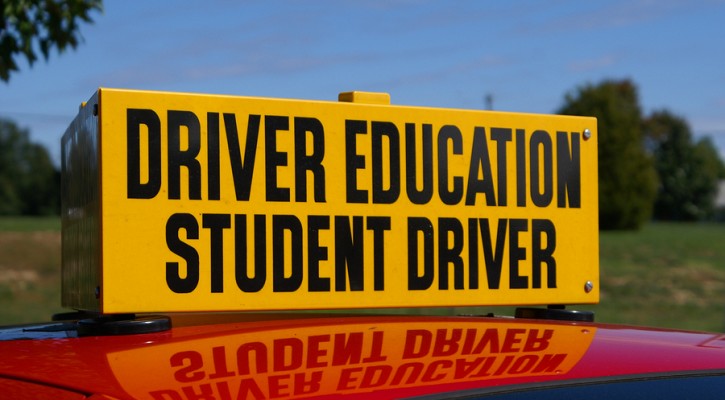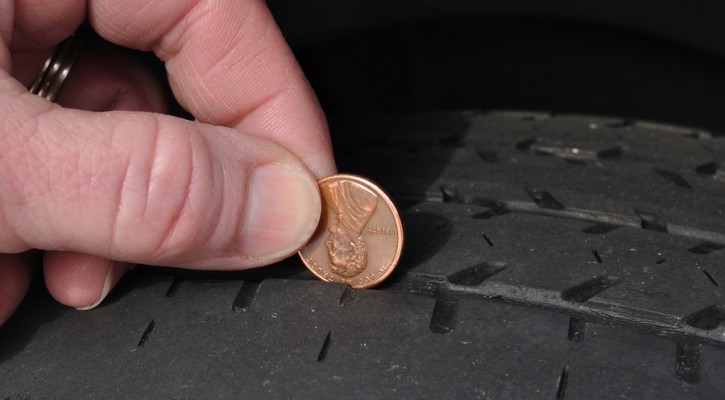Category Archive: Parents

Teen Dies After Car Surfing
October 9, 2014
Another teen has died as the result of “car surfing.” The teen fell off the car and received multiple injuries including injuries to his head. He was taken to the hospital by his parents where he died the next day.
If you aren’t familiar with car surfing, it involves standing on top of a car and trying to “surf” while the car is in motion. It seems like this idiotic practice just won’t go away. It’s a popular subject on Youtube.
The problem with car surfing is that there’s no traction to maintain your footing and it’s almost impossible to maintain your balance. The law of physics that says “a body in motion tends to remain in motion” comes into play if the car turns even slightly or comes to a stop.
Given the relatively short distance from the roof of the car to the ground and the, hopefully, low speed, it may not seem like it would be too dangerous if you were to fall off. However, the low speed and distance are deceptive. Even at just 10 mph, a 140 lb teen boy whose head hits the pavement will strike the pavement with a force of more than 460 lbs. That’s more than enough force to cause serious brain trauma.
The Center for Disease Control conducted a study on car surfing in 2008 and found, among other things, that:
- The researchers found 99 reported incidents of car surfing, 58 percent of which were fatal.
- The average age of those injured or killed was 17.6, with males accounting for 70 percent of the victims.
- Three out of four car surfing deaths were caused by head trauma.
You can read the CDC press release here: CDC Media Analysis Examines Car Surfing
There’s no way to car surf safely and parents need to discuss the dangers of this practice with their teens. Read more: Wis. teen dies in “car surfing” accident, police say

Teens With Drivers Ed Have Fewer Crashes and Tickets
September 12, 2014
Teens who complete Drivers Ed (DE) have fewer crashes and receive fewer traffic tickets than teens who don’t complete a drivers ed program according to a study published by the AAA Foundation. The difference between DE and non-DE teens, while small, are still statistically significant according to the researchers.
The study looked at a large number of teen drivers in the Province of Manitoba Canada and the State of Oregon. To determine a baseline, the studies surveyed teens who planned to take drivers ed and those who didn’t. Afterwards, they followed up with additional surveys, and performances in driver simulations. They also looked at scores on the driver’s exam and driving records.
In Oregon, the study compared the driving records of a total of 94,342 DE and non-DE teen drivers and found:
- DE teens had significantly fewer crashes than non-DE teens over the first 18 months of independent driving.*
- DE teens had 4.3% fewer crashes than non-DE teens during the entire period of the study.
- DE teens had significantly fewer convictions for traffic offenses than non-DE teens during the first 18 months of independent driving.*
- DE teens had 39.3% fewer convictions for traffic offenses than non-DE teens during the entire period of the study.
* Teenagers’ crash and near-crash rates were nearly 4 times the rates of adults during the 18 months following licensure. (Insurance Institute for Highway Safety)
In both Oregon and Manitoba, the researchers found that:
- DE teens had a slightly better knowledge of safe driving practices.
- DE teens were more knowledgeable of and more supportive of Graduated Driver License (GDL) laws.
Even though the differences were small, that still means a significant number of teens were spared injury and possibly death in a traffic collision. Lower traffic conviction rates mean lower insurance rates and less money spent on traffic fines.
In previous articles we have made the case that the US has one of the the worst driver training program for teens in the industrialized world. Most European countries not only require a classroom drivers ed course but also a significant number of hours behind the wheel with a trained and licensed driving instructor before they can apply for a license. In Canada, if you don’t take a drivers ed course, you must wait until age 16 before applying for a learner’s permit. After one year on a learner’s permit, the teen can apply for a “novice” driving permit by passing a road test. After two years of incident free driving as a novice driver, they must pass another road test to get a full license.
In the US, we depend on parents to teach a teen to drive and, usually, those parents lack the proper training to teach their child how to drive. After only one year of supervised driving and passing the road test, there are few limits on a teen’s solo driving.
High school drivers ed programs are rapidly disappearing because, when school budgets have to be cut, drivers ed is usually one of the first programs to go. In the Oregon study mentioned above, out of the 94,342 teen drivers observed, only 22 percent had taken a drivers ed course.
If your teen’s school doesn’t offer a drivers ed course, consider enrolling the teen in a private, state approved course. It might just save his or her life.

Teens Don’t Know How to Check The Tires
August 27, 2014
Almost half of teen drivers in the US don’t know how to check their tires for wear or proper pressure. Results from a study conducted by Michelin North America showed that teens aren’t getting basic vehicle maintenance training in state driver training courses or from their parents. Basic maintenance checks on tires, windshield wipers, fluid levels, and lights are an important part of driving safety yet the study shows that:
- 27% of teens never check the condition of their tires.
- 44% of teens don’t know how to check the tire tread for wear.
- 29% don’t know how to check the oil.
- 57% don’t know how to change the windshield wipers. Continue Reading

Fewer Colorado Teens See Pot As Risky
August 18, 2014
Fewer teens, in the first survey taken since Colorado became the first state to legalize marijuana, see pot as a risky drug. Researchers can’t connect the legalization of pot to the change in attitudes but they say it isn’t helping. Read more: Fewer Colorado Teens Believe Marijuana is a Risky Drug to Use

Marijuana Use Has Negative Effect On Teen Brains
August 14, 2014
Regular marijuana use has a negative impact on teen brains according to researchers. Psychologists at the American Psychological Association’s 122nd Annual Convention cited several recent studies showing the harmful aspect of regular marijuana use on teen brains. Continue Reading
